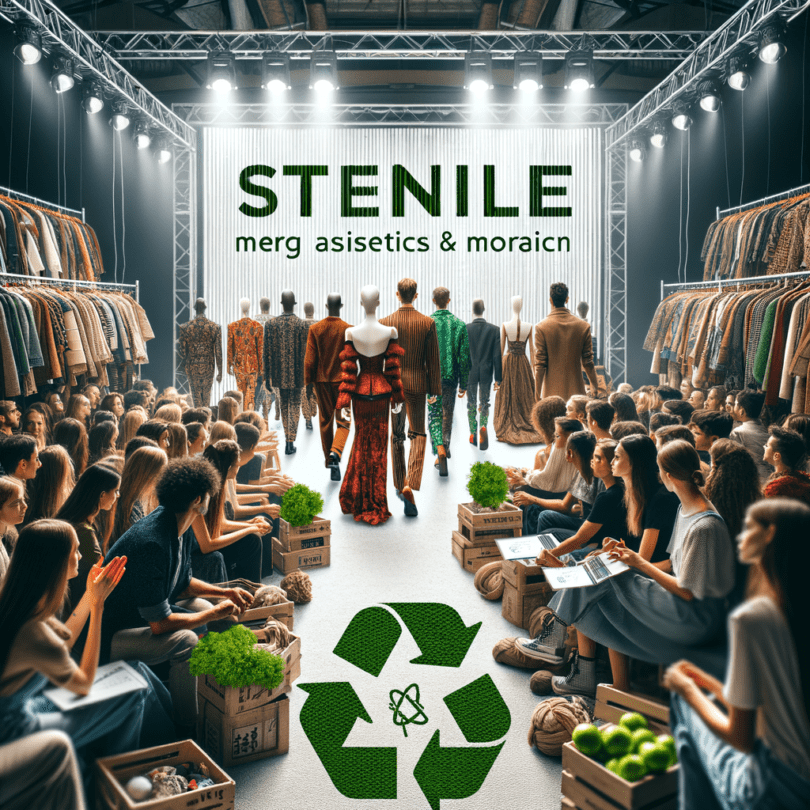The world today is witnessing an unprecedented shift towards sustainability and ethical obligations on many fronts, including the fashion industry. Our love for fashion and the constant desire to update our wardrobe with the latest trends has led to an exponential rise of the fast fashion industry. This not only leads to clothing waste that ends up in landfills but also raises severe moral questions about labor practices.
Enter, ethical fashion – a creative revolution, aimed to make the fashion industry more sustainable and just. It is a philosophy that puts people and the environment at the core of its business model. To understand how ethical fashion is revolutionizing the industry, we first need to understand what it constitutes.
Ethical fashion addresses a wide array of issues such as working conditions, exploitation, fair trade, sustainable production, the environment, and animal welfare. It embraces the concept of producing stylish clothes that not only make the wearer look good but also feel good about their choice to support ethical practices.
One of the fundamental elements of this revolution is transparency. Brands aligned with the ethical fashion movement are transparent about their supply chains, revealing where their materials come from and the working conditions of their employees. This transparency builds trust with consumers, bridging the gap between those who create the clothes and those who wear them.
Undoubtedly, practicing ethical fashion needs creativity and innovation. Brands are designing garments made from upcycled or recycled materials to reduce the overall impact on the environment. Organic cotton, hemp, bamboo, and various other sustainable materials have started to become mainstream options amidst these brands.
Additionally, the concept of ‘slow fashion’ is taking a grip. It revolves around producing high-quality products in lower quantities. The idea is to develop timeless pieces that can withstand the fast-paced trend cycle and remain in our wardrobes for years, if not decades. This not only decreases the demand for fast fashion but also helps educate consumers about the value of each piece and the work put into it.
Let’s not ignore the power of technology in this ethical revolution. From using AI to design sustainable clothing to blockchain for enforcing transparency in supply chains, tech-confluence is accelerating the movement. Virtual reality, for instance, is being used to offer virtual try-ons, reducing the need for producing samples and hence, the waste.
With the rise in consumer consciousness, businesses can no longer afford to ignore the ethical implications of their operations. Their social responsibility extends beyond the product itself, and ethical fashion is a testament to this shift.
To conclude, ethical fashion is a revolution that weaves together style, sustainability, and ethics. As consumers, each of us has a significant role in supporting this movement. By making mindful shopping choices and prioritizing quality over quantity, we can join this revolution and redefine the future of fashion – chic and conscious.

